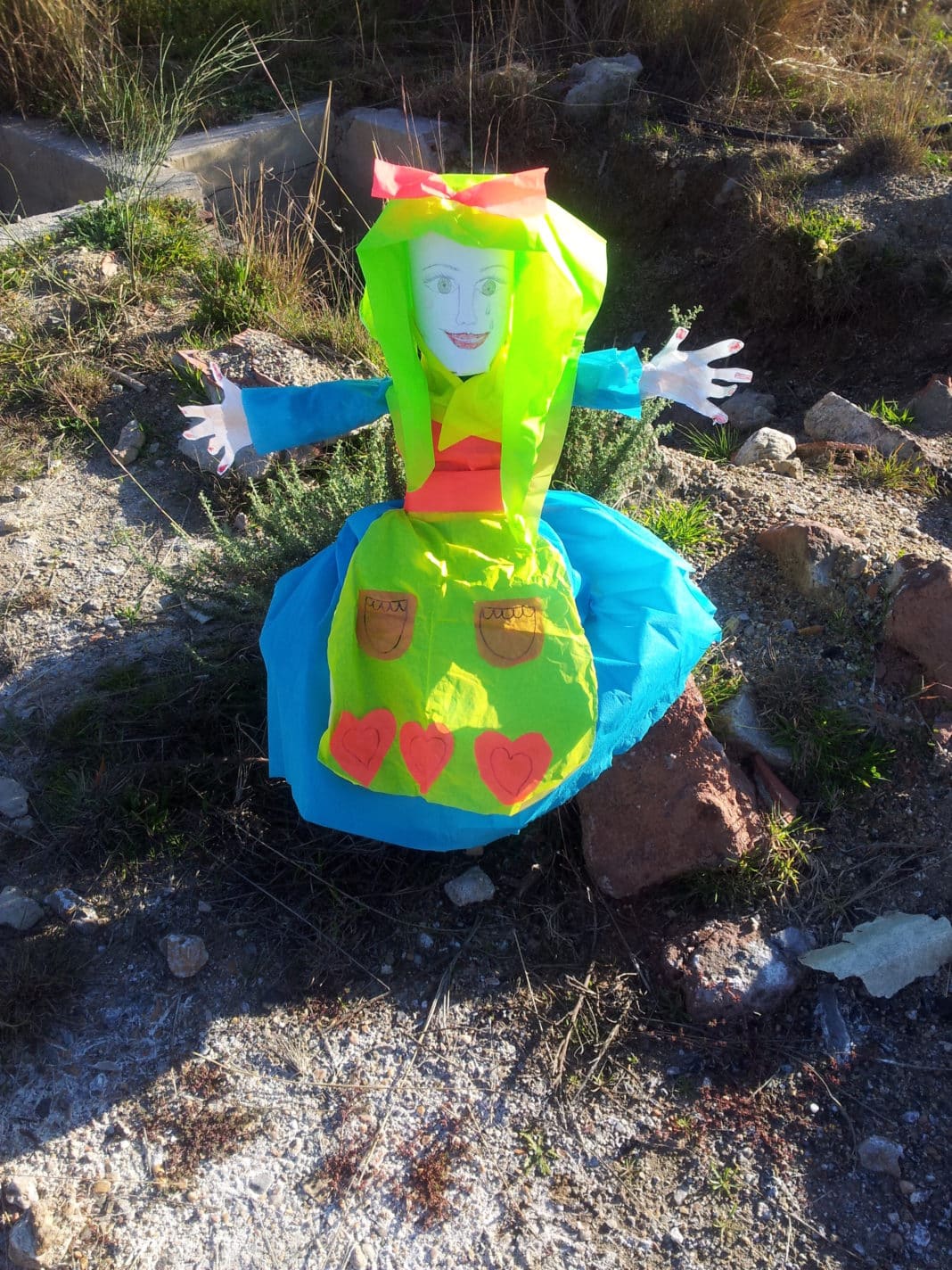Today 7th of March Mojácar celebrates the traditional ·Day of the Old Woman.” A unique festival that has no reference points anywhere except in this area.
It is customary that once Carnival or Shrovetide is over, which are the three days that precede Ash Wednesday, and coinciding with the first Thursday of Lent, the ancient rite of “Old Idle Day” is celebrated.
This “Old Idle” would correspond to the allegorical recreation of the confrontation between Don Carnal and Doña Cuaresma; festivity and fun versus retreat and sobriety.
Hence Day of the Old Woman is celebrated on the Thursday closest to the middle of Lent, from which the expression “departing from the old Lent” comes and consists of a day of food in the countryside on which friends and family gather to bid farewell to winter and to welcome spring. In these municipalities, the afternoon of “Old Woman’s Day” is considered a holiday and many businesses remain closed that afternoon.
With this festive mood, the residents of Mojácar meet up in the different and multiple green areas of the municipality, mainly in the settings of “los Gurullos” and “las Alparatas”, to share a good paella and taste the sweet treats that their “old women” hide, keeping up the ancient rite.
Prior to this, each old woman is stuck in the ground and the little ones are in charge of breaking it, like a “piñata” (a decorated figure containing sweets), to eat the sweets it contains, continuing with the ceremony that the children impatiently await: the moment of breaking “the old woman” and discovering the sweets and gifts hidden inside.
It is at this point where children take centre stage. Each family or group of friends gather around their “old woman,” which is a doll that looks like an old woman, made on a wooden cross with a cloth head and filled with sweets. It was customary for the “old women” to be made at home, each family doing their own. Today, working life complicates things a little more and many of them are bought to order but, in any case, they continue to be made by hand.
Also typical of the day is tasting the “hornazo”, an elongated sweet bread with a braid that encloses a hard-boiled egg, although the day is generally characterised by an abundance of food of all kinds.
The Day of the Old Woman is the only festivity in Andalucía not represented by any dedication to a saint’s day, but by a pagan figure: the Old Woman, although it has religious echoes.
Whatever its origin, what’s certain is that it has been celebrated “since forever” and no Mojácar local misses their annual event in one of the first opportunities of the year to enjoy the outdoors.





